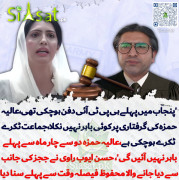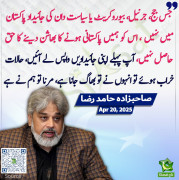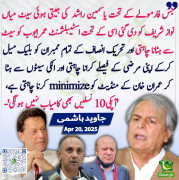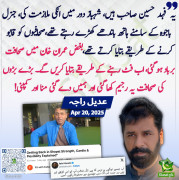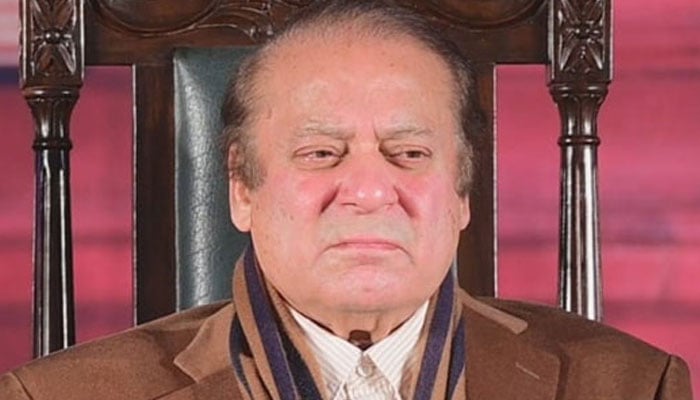Prophet Solomon boasted that he would impregnate one hundred women in one night, but only one woman became pregnant and gave birth to a half-formed child. [Book of Nikah 3:110 #226]. This tragedy is reported elsewhere to have occurred because Solomon did not say "In-Sha-Allah” (God willing) before going to his hundred wives.
The Messenger (S) used to visit all nine of his wives every night. [Vol 3 pg 52 Book of Nikah, #34]. On the other hand, Bukhari repeatedly narrates that the Prophet used to stand at prayers all night, so much so that his feet used to swell. The Messenger (S) used to have intercourse with all of his wives in one hour of the day and night (without taking a bath) and these (wives) were eleven. The narrator tries to preempt an objection by stating that he had the (sexual) power of 30 men. [Vol 1 pg 189, Book of Bath #266].
The Mullah mind has so terribly affected our masses that even derogatory statements such as this become praiseworthy. The exalted Prophet was a perfect guide to humanity. He was not a man of unbridled desire. The women who lived in his household were primarily there for shelter. Only a contemptuous mind can perceive the Mothers of Believers as objects of pleasure for the Prophet. Bukhari highlights the above Hadith by putting a special heading: “To have sex with many women with only one bath.” That stifles any apologetic defenses of this Hadith by the Mullahs.
The Prophet said that the best man amongst his followers is the one who has the greatest number of wives. [Vol 3:52 Book of Nikah #62]. Many Mullahs offer an apology here that the Prophet (S) is referring to himself. Well, that only compounds the insult. There have been ‘Muslim’ kings who had harems of hundreds of women.
The Prophet (S) asked, “Who will buy this slave from me?” Hazrat Na’eem bought him for 800 Darham. [Vol 3 Kitabul Ikrah pg 669 #1838]. Did the Prophet sell slaves?
Ayesha said to the Prophet, “Won’t you rather graze your camel onto a tree whose leaves have not yet been grazed?” ‘Arwa bin Zubair said that Ayesha meant she was the only virgin the Prophet had married. [Vol 3 Book of Nikah pg 55 #71]

